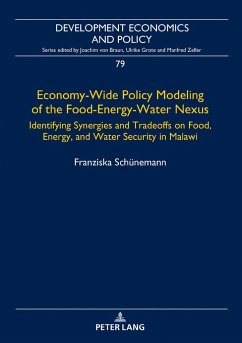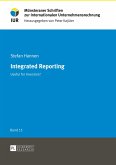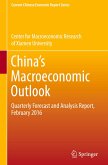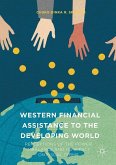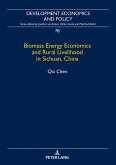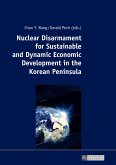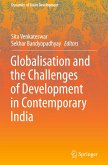Food, energy, and water are intrinsically connected through economic and ecological linkages and dependent on limited resources that are particularly threatened in developing countries by climate change, economic and population growth. A nexus perspective that simultaneously encompasses food, energy, and water has thus become crucial to avoid inefficient resource use. This volume contributes to the research on the food-energy-water nexus by first developing three integrated modeling frameworks for ex-ante policy simulation and then analyzing four policies in Malawi - biofuels production, irrigation expansion, improved cookstoves and agroforestry. The analyses show that the design of policies matters and that the inclusion of smallholders generally maximizes synergies between food, energy and water security. Integrated modeling frameworks are vital for analyses of policies that simultaneously affect the economic, social, and environmental spheres to quantify relevant tradeoffs.

